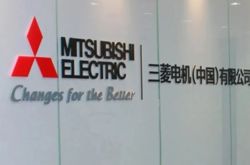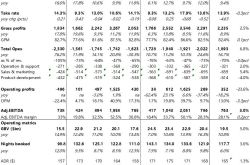Revival on the Horizon? Number of Potential Investors in Nezha Auto Rises to 53
![]() 08/06 2025
08/06 2025
![]() 484
484
On the evening of August 4, the administrator of Hozon Auto, the parent company of Nezha Auto, released the "Public Recruitment of Restructuring Investors" announcement, outlining the recruitment process, deposit requirements, and restructuring investment plan in detail.
In essence, this recruitment does not impose industry restrictions on investors. However, priority will be given to those with robust industrial layout capabilities, resource integration skills, or the financial might to invest in, operate, or acquire similarly sized enterprises. Additionally, candidates with experience in the same or related industries will also be favored.
Interested investors must deposit a registration fee of RMB 50 million into the designated account by September 15, 2025 (prior intention deposits will be recognized).
The rationale behind this public investor recruitment? Nezha Auto explains that it aims to safeguard creditors' interests, facilitate Hozon Auto's successful restructuring, and optimize resource utilization.
On June 30, the administrator had already issued a pre-recruitment announcement on the Alibaba platform. To date, 53 potential investors have pre-registered. The recruitment lawyer noted that previously registered individuals can still engage.
Industry experts hold mixed views on this development.
Some experts believe that with 53 potential investors, the prospects for Nezha Auto's "revival" have indeed brightened considerably.
Others express skepticism about the RMB 50 million registration fee, seeing it as a way to attract serious investors and weed out those with excess funds. After all, not everyone is willing to commit such a substantial amount.
Still, others point out that Nezha Auto, which raised RMB 22.4 billion last year and has cumulatively attracted over RMB 20 billion, now relies on public investor recruitment to address urgent needs. This irony highlights the apparent "financing dependency" in the new energy industry.
Some critics have bluntly stated that despite Nezha's Hong Kong base, government subsidies, and overseas factories, its domestic sales have halved, and supplier payments are overdue. Its impressive overseas ventures stand in stark contrast to its current domestic struggles. Some experts argue that even if the restructuring is successful, if the strategy of "trading low prices for sales and high investments to sustain operations" persists, future crises are inevitable. No matter how many investors join, they may merely be filling an endless void.








